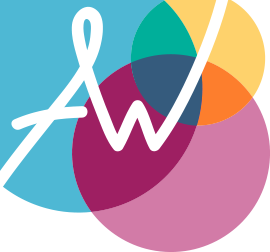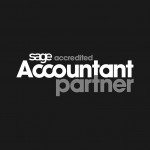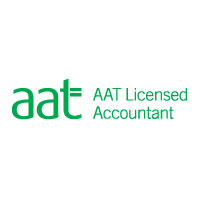Paying tax if you are self-employed
If you are a sole trader or an individual member of a partnership you will likely be subject to income tax, and possibly National Insurance, on your earnings.
Unfortunately, tax being taxing, earnings for tax purposes may not be the same as the monthly drawings you take from your business.
For example, you may decide to take no “wages” from your business in order to build up cash reserves, but if your business is profitable you will still pay tax. Why is this?
HMRC will largely ignore any drawings you take from your business when considering how much tax and NIC you are liable to pay. Instead, they will look at your profit for the relevant trading period.
Accordingly, if you want to judge how much you will be paying to HMRC you will need to look at your business profit and loss account and not the amount of cash you have withdrawn to meet your private expenditure.
As with all matters relating to tax HMRC will not simply take your accounts profits as your income; they adjust your profits. Common adjustments include:
- HMRC will add back any deduction you have made to depreciate your assets (plant, equipment, vehicles and other relevant assets) and replace this with a capital allowance claim. The amount of the claim allowed will depend on the amount and type of asset purchased.
- Entertaining costs are generally disallowed.
- Any costs you have claimed that have a personal use element: motor expenses for example; will be disallowed.
Your profits for tax purposes may also be increased if you have sold equipment.
As you will probably be paying any income tax or NIC from your business bank account it is sensible to prepare your accounts as soon as you can following your year end. In this way your adviser can calculate liabilities and you will have advance notice of the amounts payable. This will also give you time to accumulate funds to meet the tax and NIC payments when they fall due.
All news
 Dawn Johnson is licensed and regulated by AAT under licence number 126542.
Dawn Johnson is licensed and regulated by AAT under licence number 126542.
